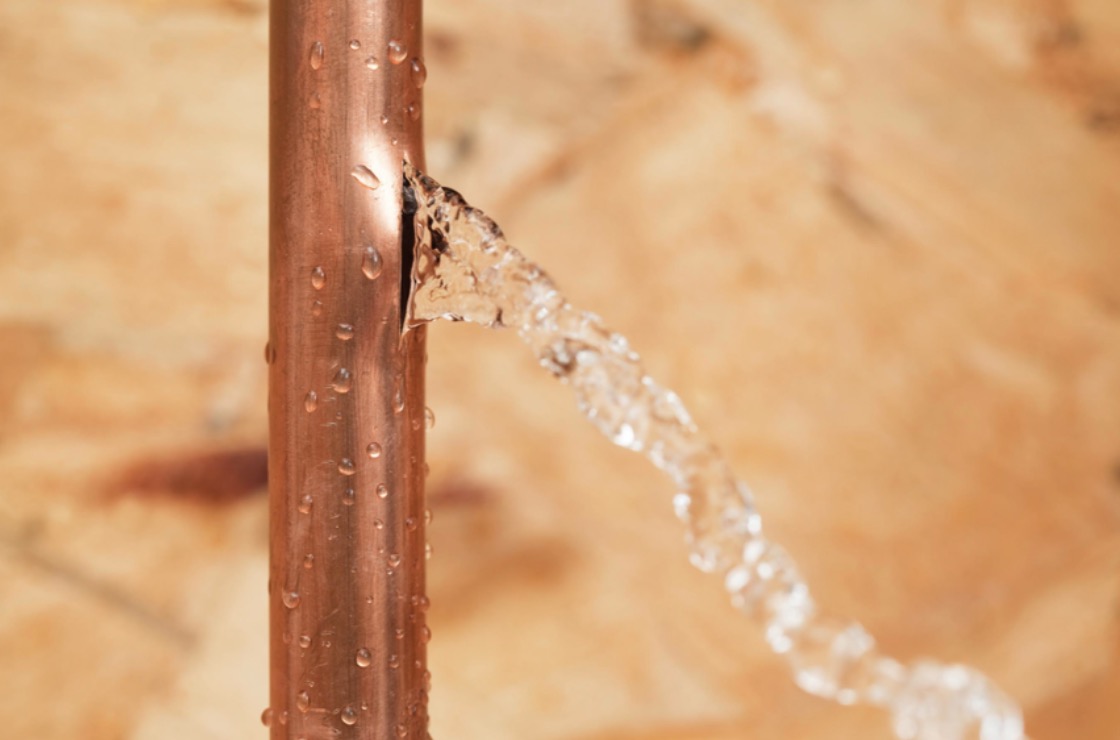The Residential Common Frequent Leak Factors: Examination
The Residential Common Frequent Leak Factors: Examination
Blog Article
Everybody will have their unique thoughts with regards to How Fast Water Damage Can Ruin Your Home.

Leakages not only cause waste of water but can also create unneeded damages to your house and promote undesirable organic growth. By recognizing and also looking for daily scenarios that trigger leakages, you can shield your residence from future leaks and unneeded damage.
Immediate temperature modifications.
Extreme temperature level modifications in our pipes can trigger them to expand and get unexpectedly. This expansion and also contraction might create fractures in the pipelines, particularly if the temperature are listed below freezing.
Rusty water systems
As time goes by, your plumbing system ages as well as rust such as rust may begin eating away the pipelines. This might be the cause of discoloration or bending on your water pipes. This asks for an evaluation with your plumber instantly. If our plumbing system is old, think about changing the pipelines because they go to a greater threat of rust than the more recent designs.
Malfunctioning Pipeline Joints
The factor at which your pipelines link is regularly the weakest web link in the waterline. Pipe joints can degrade over time, causing water leakages. Unfortunately, the majority of pipeline joints are not conveniently noticeable. If you have noisy pipelines that make ticking or banging noises, especially when the hot water is switched on, your pipe joints are probably under a great deal of pressure. It is recommended to have your plumber examine your system yearly.
Intruding roots
A lot of water leakages start outside your home as opposed to inside it. If you discover an unexpected decline in water stress, say in your tap, take some time to go out as well as examine your yard. You may discover wet spots or sinkholes in your backyard, which may indicate that tree roots are getting into water lines creating water to leak out. You can have your plumber check for breach, especially if you have trees or bushes near your property.
Poor Water Connectors
At times, a leak can be brought on by loosened hose pipes as well as pipes that provide your appliances. More often than not, changing is what causes the loose water Links. You might find in the case of a washing device, a hose pipe might spring a leak as a result of drinking during the spin cycle. In case of a water connections leakage, you might discover water running directly from the supply line or pools around your devices.
Obstructed Drains
Blocked drains pipes may be frustrating and inconveniencing, but they can in some cases end up creating an overflow leading to rupture pipelines. Keep removing any kind of materials that may drop your drains that can block them to prevent such hassles.
All the above are sources of leaks but not all water leakages arise from plumbing leakages; some leakages may originate from roofing leakages. All leaks ought to be fixed right away to stay clear of water damages.
Leakages not only cause waste of water yet can likewise trigger unneeded damages to your house and also advertise undesirable organic growth. By looking and comprehending for everyday scenarios that cause leaks, you can secure your residence from future leakages and also unneeded damages. Today, we will look at six leak causes that might be triggering your pipelines to drip.
At times, a leakage can be caused by loosened tubes and also pipes that supply your home appliances. In instance of a water connections leakage, you may notice water running directly from the supply line or puddles around your appliances.
How To Check For Water Leak In Your Home
How To Check for Leaks
The average household's leaks can account for nearly 10,000 gallons of water wasted every year and ten percent of homes have leaks that waste 90 gallons or more per day. Common types of leaks found in the home are worn toilet flappers, dripping faucets, and other leaking valves. These types of leaks are often easy to fix, requiring only a few tools and hardware that can pay for themselves in water savings. Fixing easily corrected household water leaks can save homeowners about 10 percent on their water bills.
To check for leaks in your home, you first need to determine whether you're wasting water and then identify the source of the leak. Here are some tips for finding leaks:
Take a look at your water usage during a colder month, such as January or February. If a family of four exceeds 12,000 gallons per month, there are serious leaks.
Check your water meter before and after a two-hour period when no water is being used. If the meter changes at all, you probably have a leak.
Identify toilet leaks by placing a drop of food coloring in the toilet tank. If any color shows up in the bowl after 10 minutes, you have a leak. (Be sure to flush immediately after the experiment to avoid staining the tank.)
Examine faucet gaskets and pipe fittings for any water on the outside of the pipe to check for surface leaks.
Undetected water leaks can happen without the home or business owner even realizing. If you suspect a water leak, but not able to find the source. It is time to contact a professional water leak detection service, The Leak Doctor.
How To Find a Water Leak In Your Home
https://www.leakdoctor.com/blog/How-To-Check-For-Water-Leak-In-Your-Home_AE197.html

Do you really like reading about How to detect water leaks in your home? Place a comment down below. We will be interested to find out your feelings about this review. We hope that you visit us again before long. Do you know about somebody else who is involved in the subject? Take a moment to promote it. Thanks for your time. Please pay a visit to our website back soon.
Leaks? Ring us! Report this page